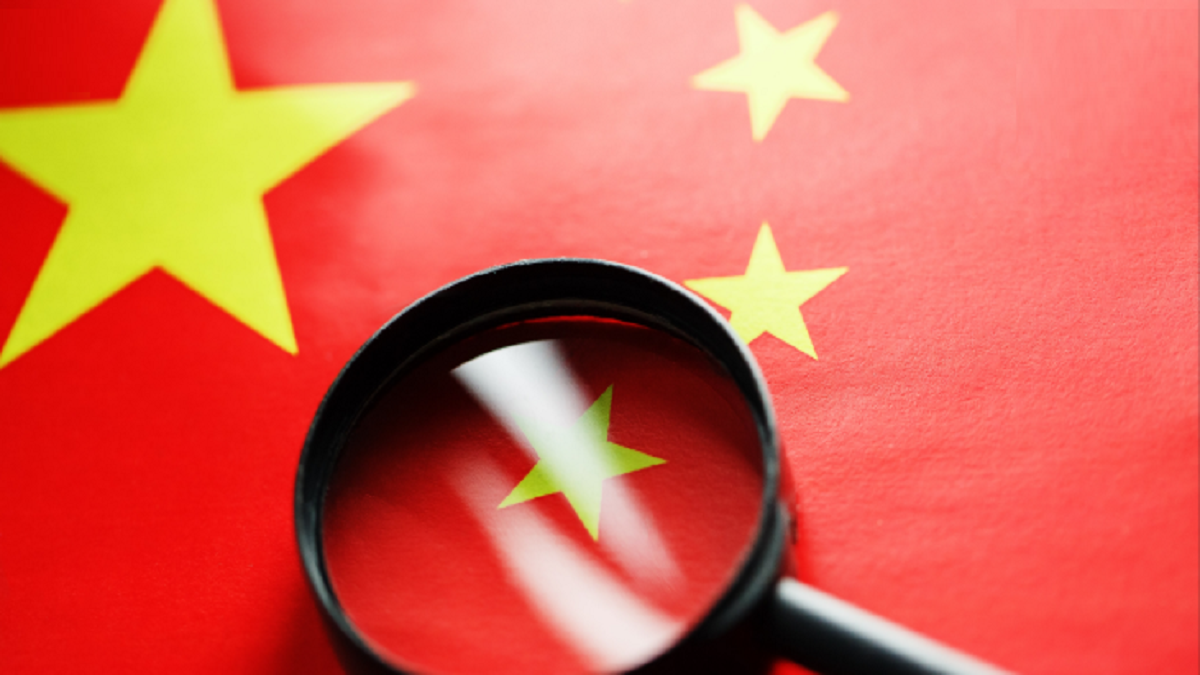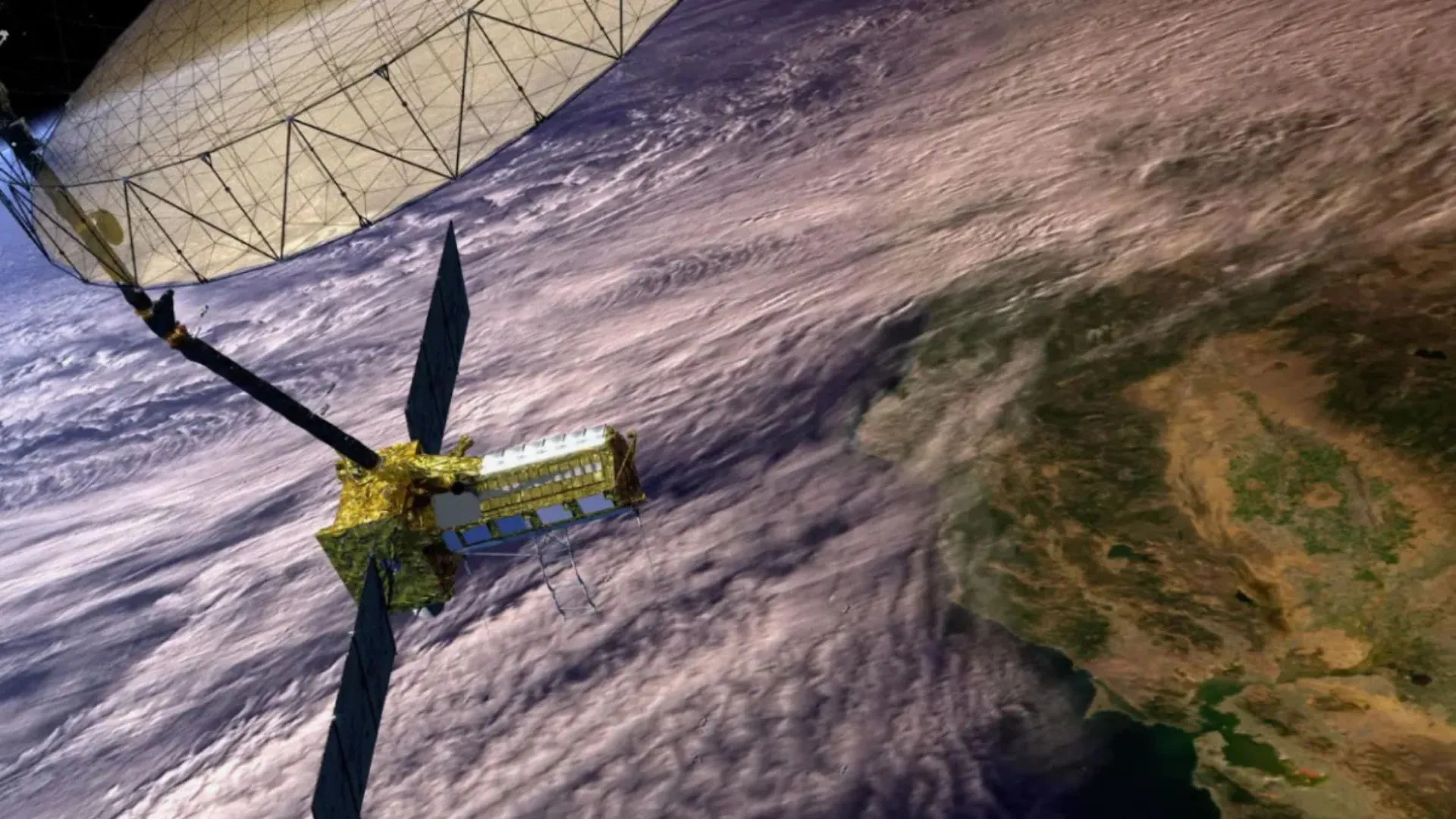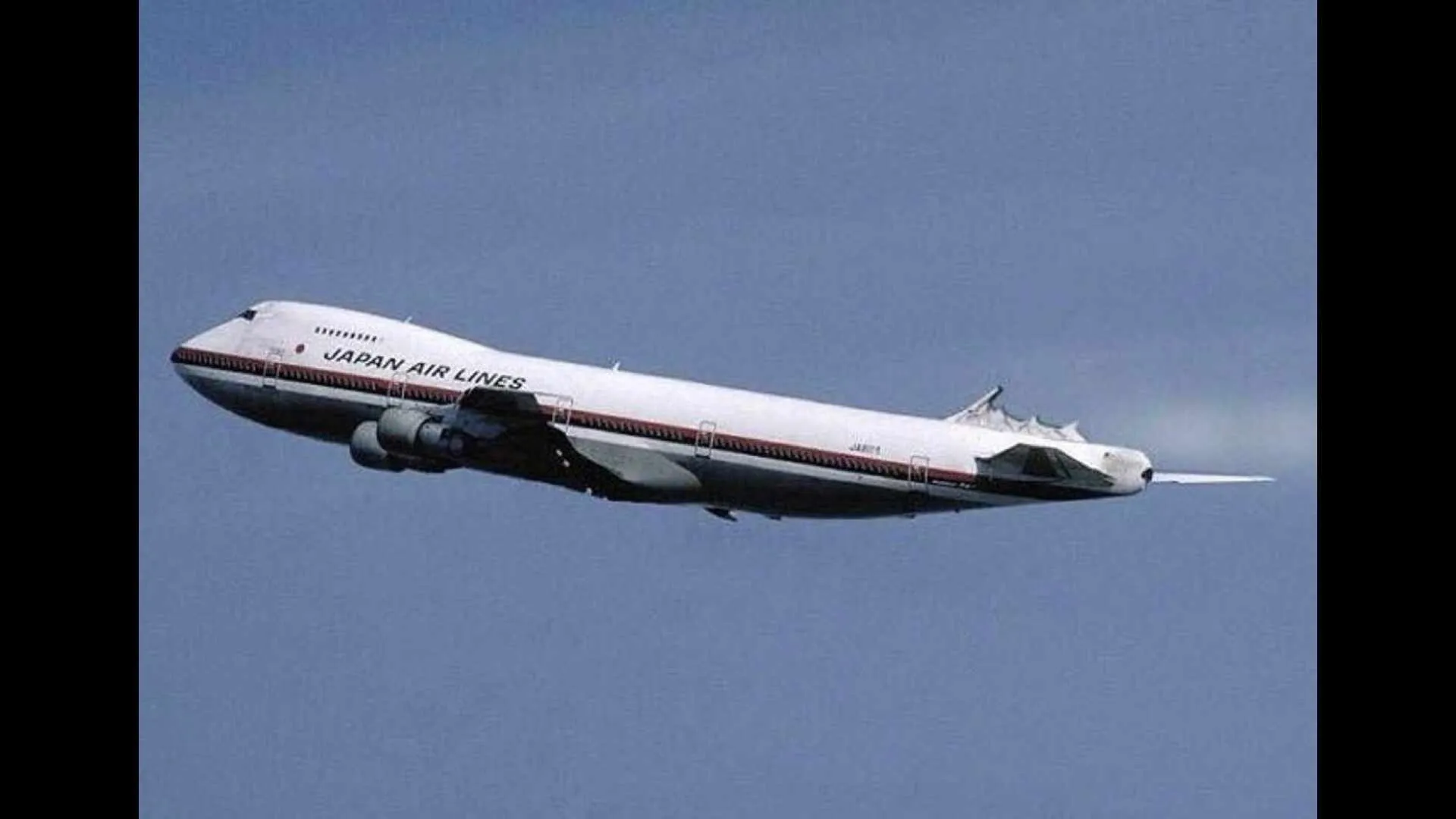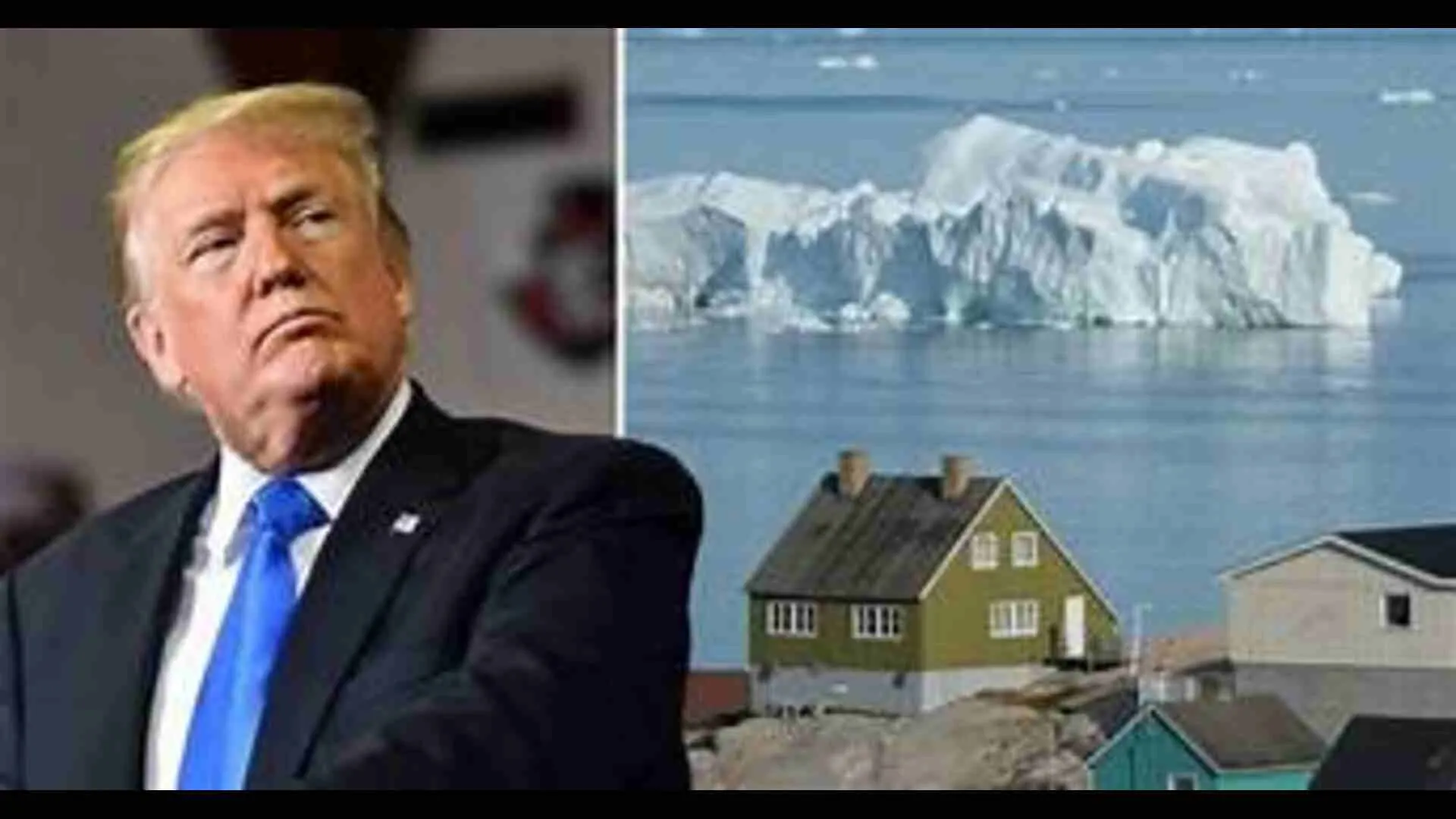The Chinese military’s aggressive moves in the strategic Indo-Pacific region figured prominently during the talks between External Affairs Minister S Jaishankar and his Australian counterpart Penny Wong. EAM and Australian Defence Minister Richard Marles also discussed the challenges being posed by China in the region. Sources told The Daily Guardian that the Australian Defence Minister underlined the need for New Delhi and Canberra to adopt a more aggressive strategy to jointly deal with the Chinese challenges. The Australian foreign minister was also of the same view, sources added.
“We don’t want to see any one country dominating or any country being dominated,” said Australia FM Penny Wong. This is being viewed by diplomats as a clear message to China. In another message to Beijing, Wong declared that Australia and India’s partnership is key to dictating the future of the Indo-Pacific amid a systemic “reshaping” of the region. Penny Wong also called partnership with India ‘critical’, signalling that Australia would be working for developing much deeper strategic ties with India so as to tackle any kind of challenges in the Indo-Pacific.
She also said India and Australia have recognized that the strategic Indo-Pacific region is being «reshaped» both economically and strategically, and the partnership with India is a «critical part» of shaping the region, amidst China›s aggressive posturing.
After meeting the Australian Defence Minister, EAM said that the growing defence and security cooperation between both countries ensures a peaceful, prosperous and rules-based Indo-Pacific region. The talks between Jaishankar and the Australian ministers assume significance in view of the upcoming QUAD meeting, for which a date is being discussed. The Quad comprises Australia, India, US and Japan.
The US, India and several other world powers have been talking about the need to ensure a free, open and thriving Indo-Pacific in the backdrop of China’s rising military might in the region. China claims nearly all of the disputed South China Sea, though Taiwan, the Philippines, Brunei, Malaysia and Vietnam all claim parts of it. Beijing has built artificial islands and military installations in the South China Sea.
Sources said that all these points figured during the talks in Australia. The ministers stressed on the need to “fine-tune the existing strategy” during the next Quad meeting in presence of the ministers from the US and Japan as well. Jaishankar, who arrived in Canberra on Monday, also met Australia’s Education Minister Jason Clare and discussed the importance of quality education.
This is Jaishankar’s second visit to Australia this year. The first visit was in February 2022 when he attended Quad Foreign Ministers’ Meeting in Melbourne. “At the Foreign Ministers’ Framework Dialogue, we discussed accelerating and deepening economic ties, including through our Economic Cooperation and Trade Agreement,” Wong stated.
“We also discussed strengthening our people to people ties and education links, reinforcing our defence and security cooperation and enhancing our climate change and new clean energy engagement, including through the Quad,» she added. After concluding his first-ever visit to New Zealand, Jaishankar received a «Tiranga welcome» in Canberra.
Meanwhile, Australia and India have agreed to expand their diplomatic footprints, with Australia recommitting to open a Consulate-General in Bengaluru, and India planning an additional consulate in Australia, said the Australian Foreign Minister. The Australian Minister said, “Australia and India are comprehensive strategic partners, we are Quad partners and most fundamentally, we share the Indo-Pacific region. We have a shared interest and a shared ambition in a stable and prosperous region where sovereignty is respected.»













